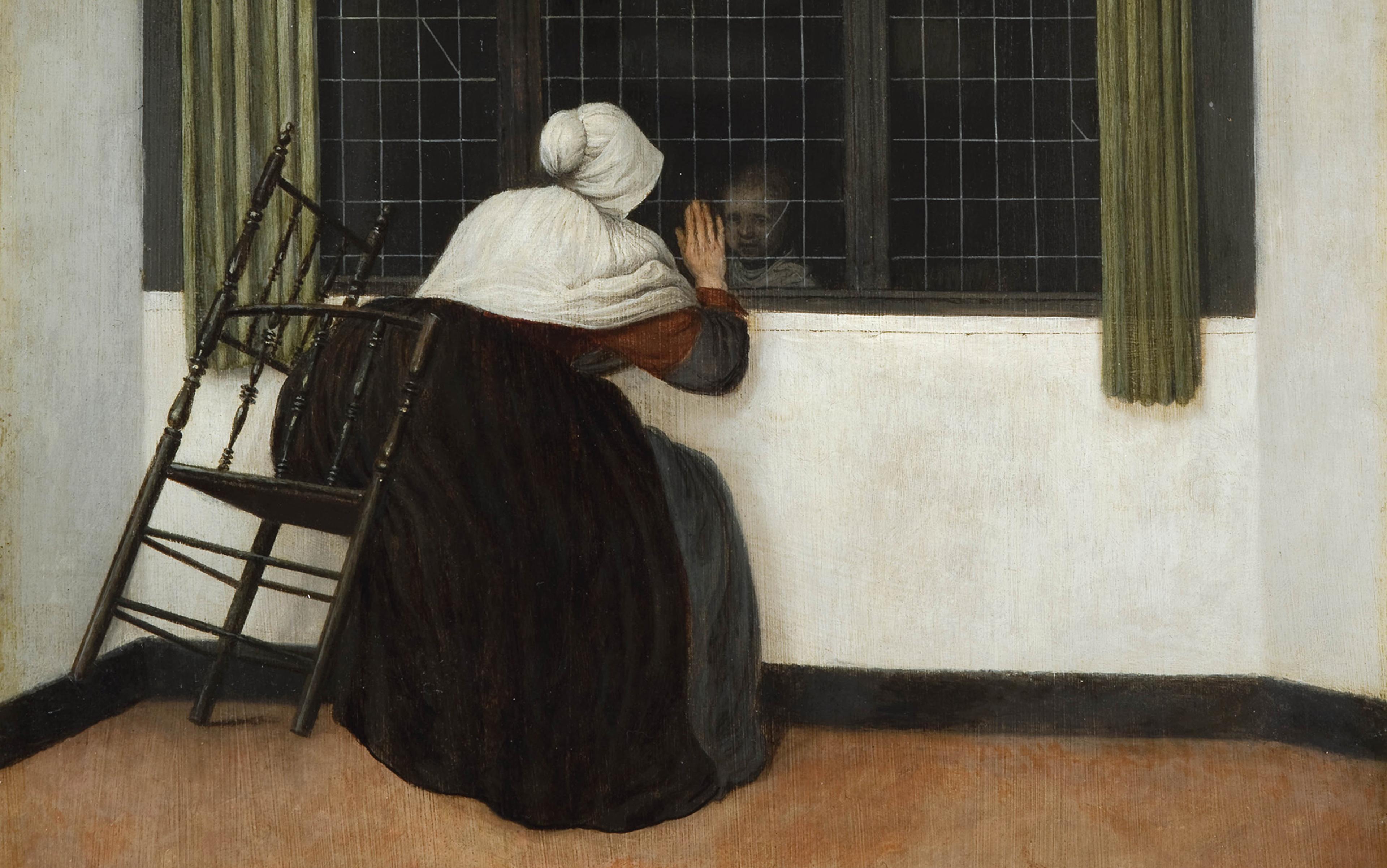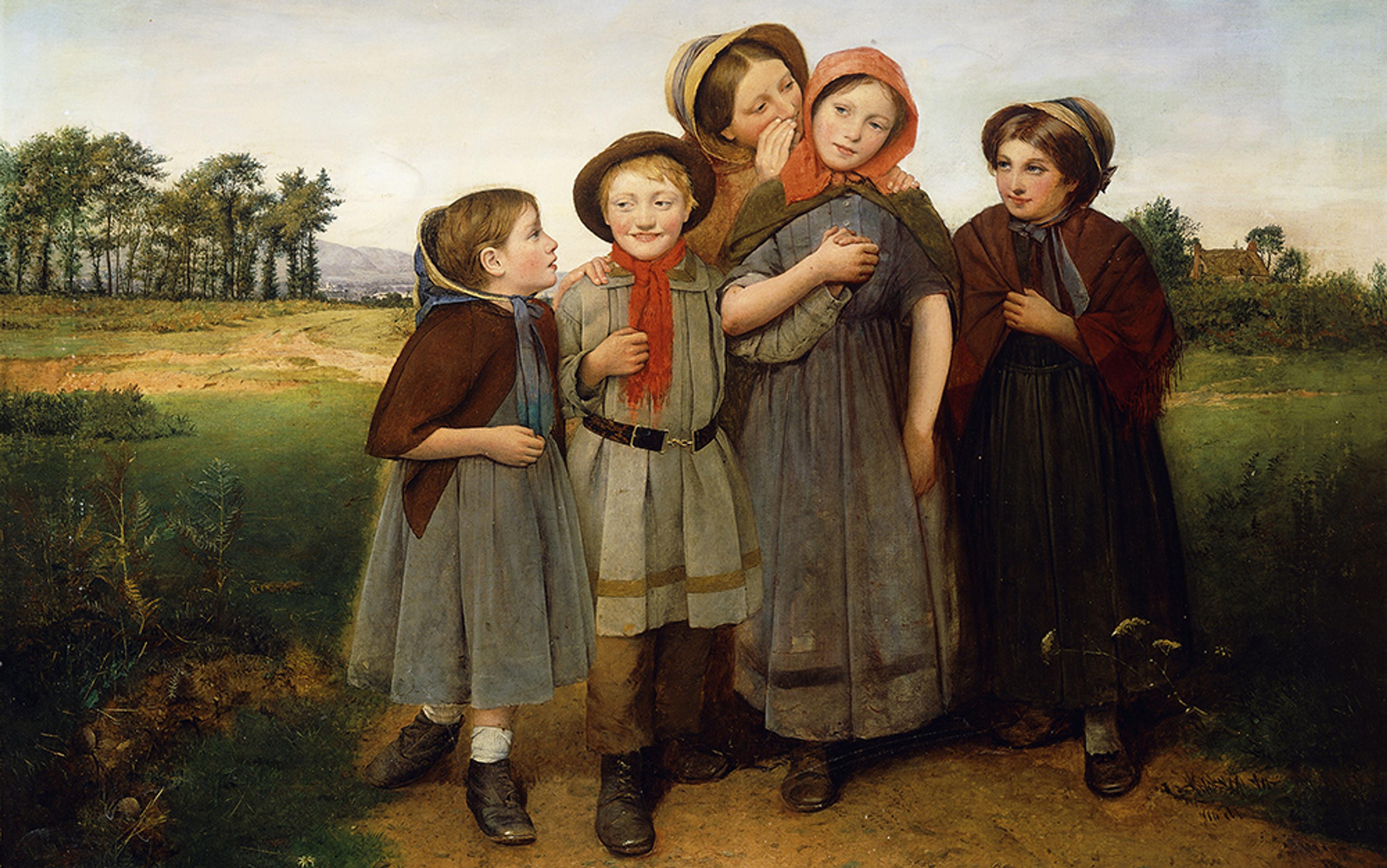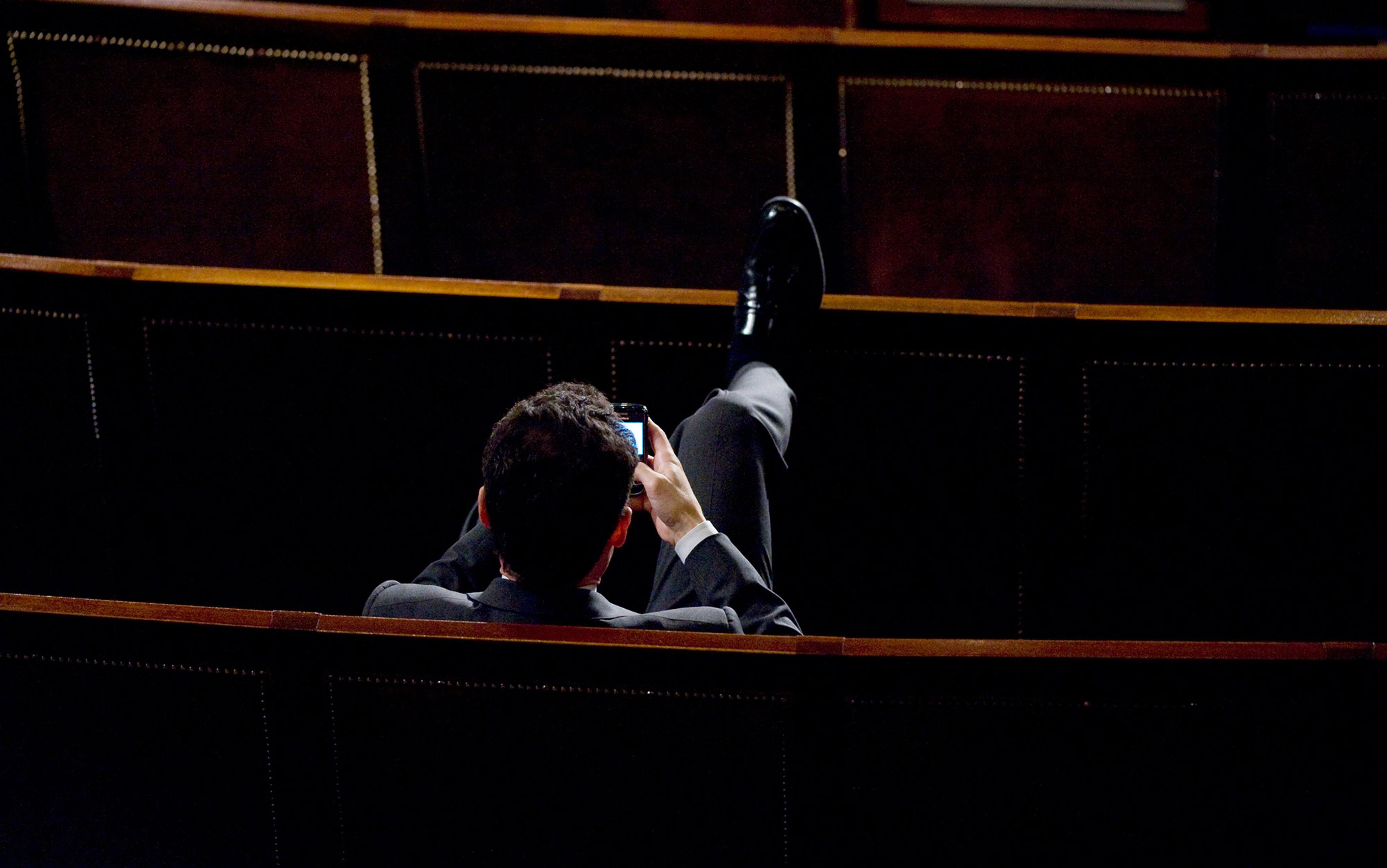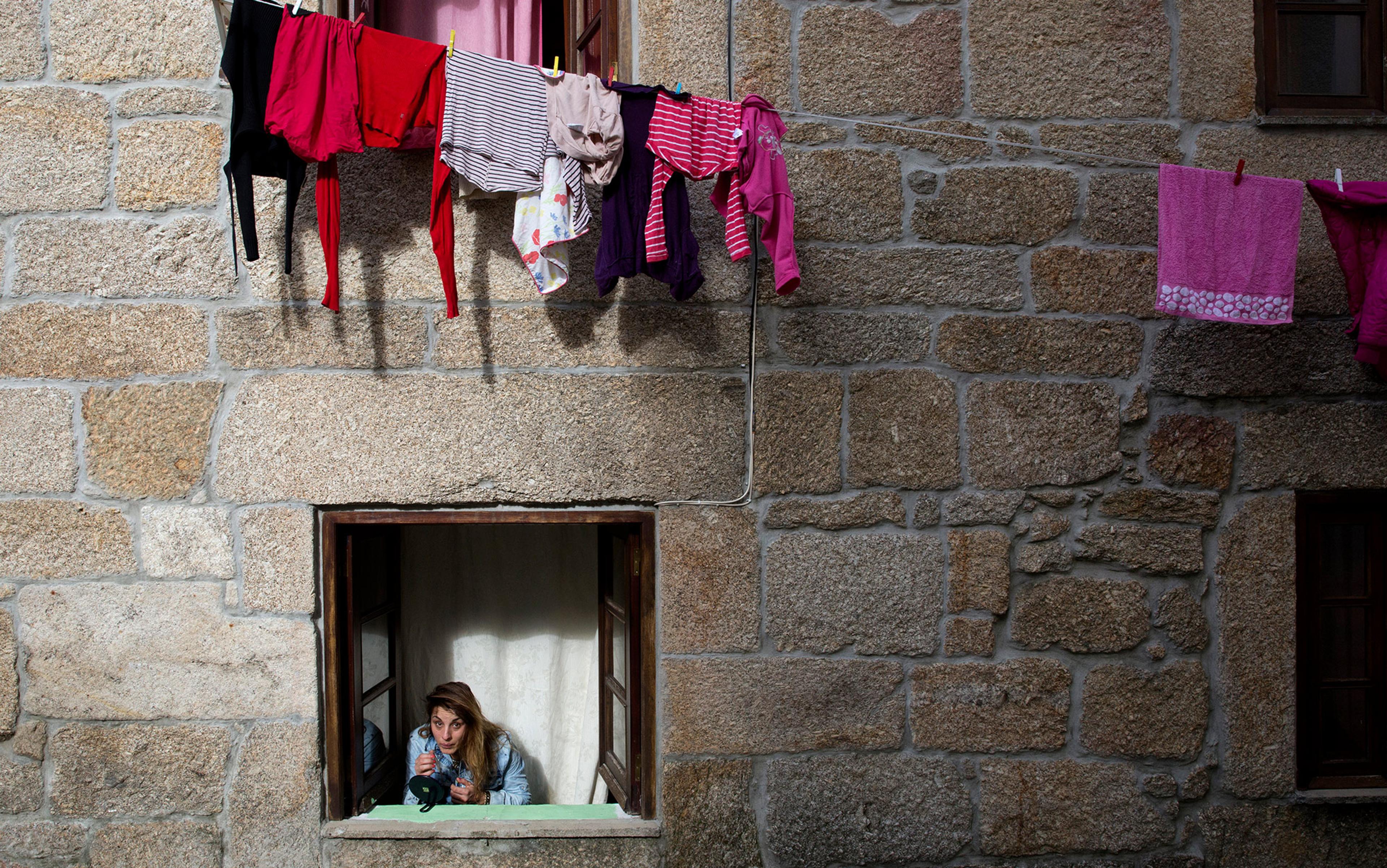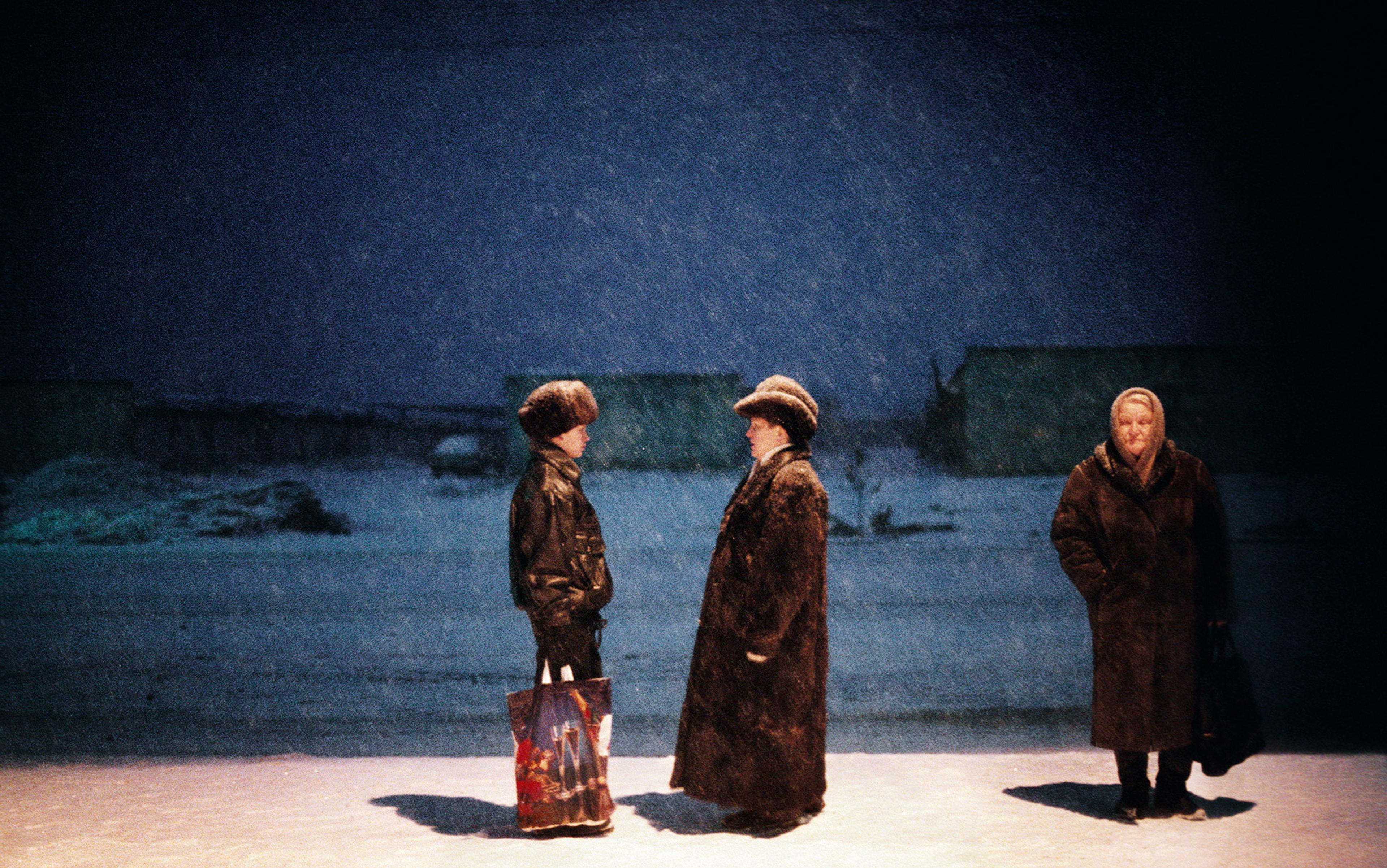Every family has one. A trauma, a dubious deed, or a disgracing detail that is kept under wraps through more or less elaborate practices of concealment. Secrets tie families together through bonds of trust, they weigh on them as an often increasingly unbearable burden, or they tear them apart leaving behind hurt feelings and unanswered questions. These secrets are baggage from the past, sometimes carried over several generations. But something appears to be changing. It’s in our zeitgeist that it’s salutary to disclose secrets voluntarily, publicly even. From revealing status updates to self-scrutinising memoirs and exposing podcasts, we are now witnessing a seemingly endless flood of confessional outbursts. The schizophrenic grandmother, the abusive father, the suicidal brother, the sister who turned out to be one’s mother, the queer uncle, our own history of addiction. Let’s pull them all out of the closet! Secrets are harmful, and killing them will be liberating and healing – so we are promised.
It might be a good idea, however, to re-examine this attack on secrecy. Although the history of family secrets is one of fear, shame and repression, it is also one of trust, tenderness and tolerance. Secrecy might be suffocating, but it can also save lives. And although lifting a taboo might be unburdening, as the philosopher Michel Foucault has taught us, there is nothing innocent about the push to confess our innermost secrets. What looks like a final battle against oppressive social norms could in fact help to enable the operations of power in less tangible ways. Instead of shunning family secrets, we might therefore use them as a lens through which to take a closer look at the family and its complicated relationships to wider society. In our engagement with the contemporary public, we might need to think harder about which secrets are worth keeping and which ones are not, and perhaps most importantly who is entitled to reveal which secrets and under what circumstances.
No one captures the current antipathy toward family secrets more succinctly than the popular American author and podcast host Dani Shapiro. In the trailer to her podcast series Family Secrets, she asserts:
secrets fester in the darkness. They grow larger and scarier, and they have the power to shape our whole lives without our even knowing it. But if we shine light on those secrets, the most extraordinary thing happens: we realise that we are not alone.
Conjuring up an image of growing abscesses and employing well-worn metaphors of light and darkness, Shapiro leaves no doubt about the illicit and negative power of secrecy. Having made it her mission to purge such nasty, even ‘deadly’ family secrets, she suggests that we are in the middle of a revolution of revelation:
we are experiencing the era of the end of secrecy. Whether it’s as a result of DNA testing or the internet or of the #MeToo movement, the explosion and revelation of secrets all around us is allowing us to begin to understand that we may trust others with our deepest fears, our most deeply held secrets.
From the perspective of the individual and the family, secrets can certainly be both oppressive and destructive. In some situations, they can amount to a doubling of violence as, for instance, in families where the abuse is not recognised as such and the victim is perhaps even forced to keep living with the perpetrator. This is brilliantly illustrated in Tara Westover’s memoir Educated (2018). She describes growing up with radical survivalist Mormon parents in rural Idaho, isolated and at odds with mainstream society. When she was a teenager, her elder brother started to become abusive toward her, subjecting her to physical as well as psychological violence. He pulled her around by the hair, flushed her head in the toilet, called her a slut, and threatened to kill her. For years, Tara kept the abuse secret, not only from others, but even from herself, accepting her brother’s gloss that it was just a game they played. When she finally summoned the courage to tell her parents, they refused to acknowledge the violence and tried to convince her that she was being delusional, which again made her question her own memory and sanity. Eventually, her parents’ unwillingness to deal with the uncomfortable truth led to their alienation. As Westover said in an interview with The Guardian: ‘In families like mine, there is no crime worse than telling the truth.’
Such secrecy is hurtful as well as ethically problematic, if not downright criminal. And, of course, what is kept secret doesn’t have to be as agonising as what Westover experienced for the secret itself to be an encumbrance. Yet, there are many situations in which the politics of secrecy are more ambivalent.
The first thing to note is that secrecy doesn’t exist in a simple or dichotomous relationship with disclosure. While all interaction between human beings is predicated on some level of mutual knowledge, it also invariably entails a degree of obscurity or nescience. As the German sociologist Georg Simmel noted back in 1906: ‘In all relationships of a personally differentiated sort there develop … intensity and shading in the degree in which each unit reveals himself to the other through word and deed.’ Almost a century before the emergence of social media such as Facebook and Instagram, Simmel was acutely aware of the fact that humans are continually in the business of managing our appearance, both consciously and unconsciously, even though we are hardly in full control of how we come across (he even pointed to the fact that, in romantic relationships, desire is dependent upon a degree of distance – on the awareness that we don’t already know and hence own every fibre of the other person). Try as we might, we can never entirely disclose ourselves to the other, nor can we ever fully know someone else – or ourselves for that matter. A degree of secrecy, one might say, is a fundamental human impulse, and social life would be impossible without it.
That aside, a secret might most fundamentally be defined as a piece of information (whether accurate or not) that is deliberately kept from others, ‘set apart in the mind of its keeper as requiring concealment’, as the philosopher Sissela Bok puts it in her book Secrets (1983). Such a secret might be known by only one person, or it might be known by everyone but one. It could be deep, which is to say that not only is the specific information concealed, but the fact that something is concealed is itself concealed. Or it could be shallow, which means that other people know that something is hidden, but not what this something is. A secret has a chronology and its trajectory can change over time; it might start out as open knowledge and end up as a deep secret, or vice versa.
Secrecy is also often enmeshed in a host of other knowledge practices: the collective invention of alternative narratives, palpable silences, innuendo and, frequently, discretion and ‘active not-knowing’, as the anthropologist Monica Konrad suggests in Nameless Relations (2005). We might have a feeling, almost visceral, that there is something untold in our family but instinctively avoid confronting it, because we sense – whether correctly or not – that it might be unpleasant or even damaging to insist on getting it out in the open. This is sometimes the case in families with members carrying trauma from the Holocaust. While children and grandchildren know that terrible things happened in the past, they might avoid asking for details, perhaps because they don’t wish to compel loved ones to have another taste of the pain. It might also be that we sense that a family member has done something morally questionable, but we don’t want to have to revise our opinion of, or feelings for, that person. Such tacit and emotional mechanisms, one might say, help to define the family.
Socially and culturally, the deliberate hiding, the shirking and the pussyfooting exist for a reason: they help us straddle the gap between the ideal and reality, between what was expected of us and what we were able to do or what we actually did. As the historian John Gillis points out in A World of Their Own Making (1996), there is often a marked disconnect between ‘the families we live by’ (the mythic, imagined, dreamed-up family) and ‘the families we live with’ (our actual families). Over the past couple of centuries, as it has gradually lost many of its practical and economic purposes, the family has simultaneously become idealised as an emotional safe space, as a set of mutually supportive relationships characterised by warmth, intimacy and tenderness. Love has not only conquered marriage, as the historian Stephanie Coontz has phrased it in Marriage, a History (2006); it now envelops the entire family. Unlike this ideal, however, real-life families might be unhappy, stifling, conflict-ridden and even unsafe. ‘The operations of the secrets,’ the sociologist Carol Smart notes, ‘allow us to create a family story through which actual families come to appear more like the ideal or mythical family.’
Secrecy can provide a protective shield, guarding the family as a whole from disgrace and stigmatisation
Because secrecy is a way to deal with issues that are deemed compromising or even illegal, what we find necessary to conceal fluctuates with the mutations of morality. Things that seem relatively harmless in most of Europe and North America today – such as conceiving a child out of wedlock – might have been explosive 100 years ago; and certain practices – such as wife-beating and the corporal punishment of children – which are illegal today were more acceptable in the past. In the future, some taboos will be lifted, and certain secrets will therefore become superfluous, but others will emerge with the changing historical circumstances. In any society, there will be moral prohibitions and social expectations, all of which help to keep in place a specific social order. Every individual is bound to violate them at some point or other, and frequently also to try to cover up such violations. No matter how much DNA testing and the internet might help us expose uncomfortable truths or shameful acts, this dynamic is unlikely to ever disappear.
But perhaps this is not entirely deplorable. In some cases, secrecy can provide a protective shield, guarding individual family members or the family as a whole from disgrace and stigmatisation. In cases of incest, for example, although the recognition of one’s suffering could be desirable, a victim might not necessarily want the entire world to know about the history of molestation. Perhaps he or she doesn’t wish to be seen as a victim or be regarded as permanently impaired by the abuse, to be cast as ‘damaged goods’. In such situations, sharing the information with only a tight circle of trusted people might seem like a better option.
Furthermore, secrecy can help to establish a space in which life becomes liveable, even if one’s actions cut across social conventions. Think of Edith, the forgotten sister in the British TV series about the Crawley family and their servants, Downton Abbey (2010-15), which portrays an abundance of family secrets. When Edith becomes pregnant outside of marriage, at first, she lets herself be persuaded to give up her daughter, Marigold. However, deeply tormented by the separation from her child, Edith eventually manages to bring her home by pretending that Marigold is an unfortunate orphan, whom she wishes to raise as her own. One by one, the different family members learn of the child’s real heritage but decide to preserve Edith’s secret because it allows her to keep her child, while saving the family from disrepute. One might think of this as hypocrisy. Or one might view it as a fraught situation in which family secrecy performs a socially important function of protection. (Edith’s situation, of course, was also one of immense privilege; one that many impoverished, single mothers could only dream of in societies that condemn premarital sex.)
Family secrets can even be lifesaving, as when people hid Jewish friends or relatives to save them from the Gestapo in Nazi Germany, or when today parents and siblings keep the sexuality of a gay family member secret in those societies where homosexuality is a capital crime.
Secrecy is also deeply affiliated with privacy. As the historian Deborah Cohen has argued in Family Secrets (2013), the history of secrecy and privacy are deeply entangled. In the 18th century, the terms ‘secrecy’ and ‘privacy’ were in fact almost interchangeable. While today one is considered poisonous and the other a hallowed right, respectively, a couple of centuries ago ‘secrecy was privacy’s indispensable handmaiden’, writes Cohen. People took to secrecy in order to shield their family from undue outside interference, creating and maintaining a space invisible to the prying eye. As Cohen also notes, keeping a secret in late-19th- and early 20th-century Europe was often a middle- or upper-class prerogative. Working-class living conditions – with their crowded lodgings, shared stairwells and toilets, frail walls and unfortunately placed windows – made it close to impossible to conceal scandalous acts and facts. Those well-off were better positioned to, and perhaps also more invested in, keeping a spotless facade, which in turn made such a spotless facade a marker of middle- or upper-class identity.
Beyond protecting the bourgeois family’s reputation, secrecy affects the internal workings of the home. It is informative that the German word Geheimnis (secret) stems from the word heim (home), and originally meant belonging to the house or the home. But perhaps secrets do not just belong to the home or the family; perhaps they even help to forge the family. They might tie the family members closer together through bonds of trust, and confidentiality might spur intimacy and dependence – for better or worse. Conversely, they might create boundaries between the initiated and those who are kept in ignorance.
Just as secrets are ethically and politically complicated, so is revelation. Disclosure of a family secret, whether in a smaller circle or in public, almost by necessity involves more than the person who decides to go public. Hence, the confession often happens on behalf of, and with consequences for, other people. Even when no one’s life is at stake, untimely revelation can be more destructive than the secret itself. This might be true when a person decides to reveal infidelity to someone who would rather not have known about it (or who perhaps on some level even knew about it already), but now feels obliged to confront it, with the risks that this entails. In some cases, finding out that the parents you grew up with are not your biological parents might also serve as a catalyst for unnecessary alienation in the relationship, without much good really coming of it.
But the public testimony comes with other serious problems. People who confess something shameful that has burdened their family are often perceived as brave and honest, which indeed they probably are, most of the time. The uglier the secret, the truer it feels – and in many cases, such ugly truths are eminently marketable, providing the confessor with a substantial revenue from book sales or podcast downloads.
Yet, confessions are not solely reflections of some fixed interiority, nor a sharing of some unquestionable fact. Rather, they help to configure these phenomena. Disclosure is very often based on personal memories, and memories are not always to be trusted. Westover dwells on this in Educated. ‘My strongest memory,’ she declares in the opening of her memoir, ‘is not a memory. It’s something I imagined, then came to remember as if it had happened.’ Recounting different episodes from her family’s past, Westover carefully weighs one testimony against another, frequently finding substantial divergences in between the memories of people who were present.
Some other public confessors are similarly aware of the twisted and creative workings of our memory. Others, less so.
Yet, even if we were to assume that the confessor remembered past events and feelings correctly, the individual patenting of truth would be problematic. Things might look very different depending on the perspective of the viewer, and each person whose actions and inactions are recounted and whose motives are discussed – or ignored – might perceive things quite differently. There might, in other words, be more than one potential truth. But the desire – or power – to compose a convincing narrative and to publicise it, and hence to help construct the public truth about both individual subjects and families, is rarely equally distributed.
Instead of unequivocally condemning secrets, then, we might recognise that, although some are harmful, others are useful and, perhaps most importantly, a secret can be enabling and suffocating, protective and oppressive all at once. What we need to ask is therefore: whom does the secret protect? Does it undergird asymmetrical relationships of power, does it challenge them, or does it do both at the same time? And to confessions: whose truth was established as the truth and what did this do?
Once we move beyond the confinements of the cultural imperative of disclosure, secrecy and confessions will prove to be a powerful lens through which to examine how the emotionally charged micropolitics of the family tie in with the macropolitical currents in any society, past or present.
